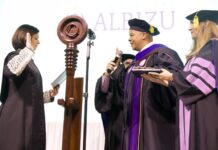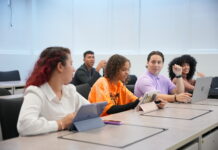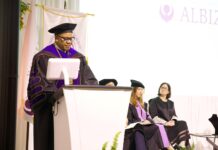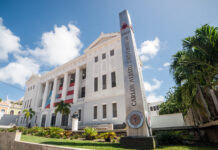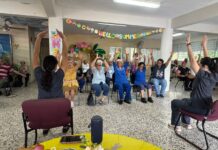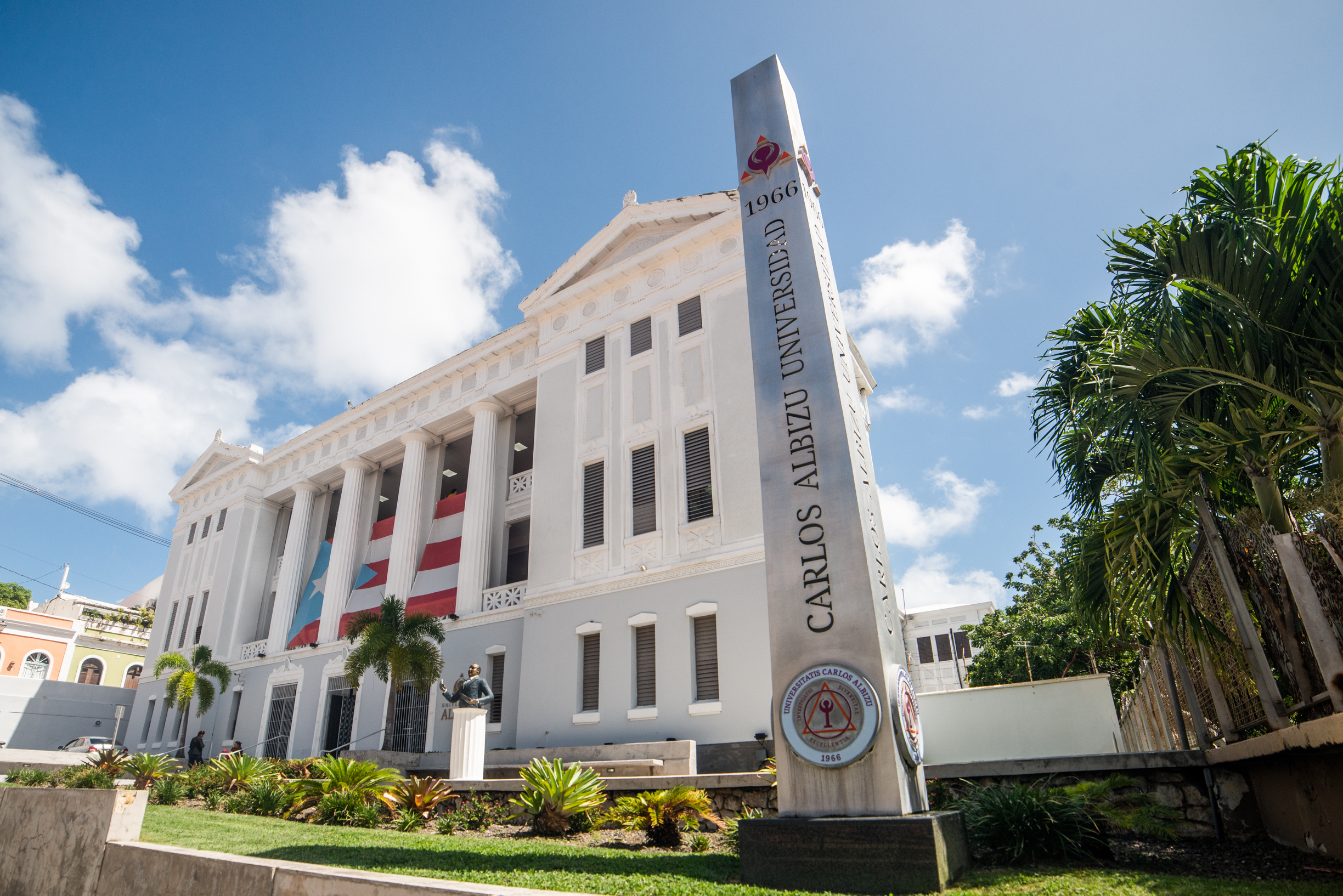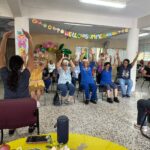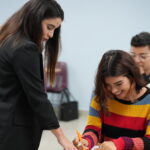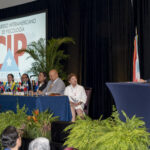D
ecades ago, celebrating an important meeting of human behavior professionals on the island opened the door for the development of psychology in Puerto Rico in the past decades as an area of study and career. Throughout more than half a century, Puerto Rican psychology has contributed significantly to the professional training of psychology professionals with diverse specialties. This training has advanced research, practice, community social work, and public policy in Puerto Rico and the region.
In Puerto Rico, the first academic degrees in psychology were awarded in the late 60s by the Caribbean Center for Post Graduate Studies, today Albizu University, and by the University of Puerto Rico. It took more than 20 years, until 1983, for Act 96 to be approved, which regulates the profession of psychology in Puerto Rico. However, the growth in higher education educational institutions that grant undergraduate and graduate degrees in various specialties of psychology is a sign of the significant progress in the professionalization and teaching of psychology, its study, and practice in Puerto Rico.
Likewise, alliances have been developed with organizations such as the Inter-American Society of Psychology to promote regional communication between professionals, research, and the exchange of knowledge at the international level. Since 2017, Albizu University and the Inter-American Society of Psychology have collaborated on initiatives that have inserted Puerto Rico into discussing topics of interest and vanguard for the international community in behavioral sciences. Under this collaboration agreement, Albizu University is the host institution of the Inter-American Psychological Society in the Americas, supporting the organization of joint academic and scientific activities for the community.
Three decades ago, in 1995, the Inter-American Congress of Psychology was held in Puerto Rico, an effort of the Inter-American Society of Psychology with the support of dozens of international associations and institutions linked to the organization. The Congress then had the participation of around 2,000 people from more than 39 countries in the Americas, Europe, and Africa. Now, in 2023, a group composed of Dr. Berta Ríos, special assistant to the president for strategic initiatives at Albizu University, Drs. Blanca Ortiz and Sonia Cepeda, co-coordinators of the Inter-American Congress of Psychology 2025, and the chancellor of the San Juan Campus of Albizu University, Dr. Julio Santana Mariño, together with prominent Albizu professors developed a formal proposal to choose Puerto Rico as the venue for a meeting that contributes to strengthening the Psychology for the Americas.
After completing an evaluation process that included Brazil as another petitioning country, the Inter-American Society of Psychology granted Puerto Rico the venue for the Inter-American Congress of Psychology 2025, celebrating the thirtieth anniversary of the first celebration of this meeting on the island.
The three decades of that Congress marks a milestone in the development of psychology in the Americas and Puerto Rico and a particular frame of reference to observe where we are and where we are going. As stated in the proposal to host the event, the Central Office of the Inter-American Society of Psychology host country will have significant intellectual and professional significance for the hosts and participants. But it will also promote an emotional and practical meeting for the participating countries and psychologists.
A committee that includes several of Albizu University’s most experienced professionals and academics is already working on organizing this reunion. For professionals and scholars of human behavior in Puerto Rico, it will be an opportunity to review the advances made over three decades and exchange and contrast ideas to address the challenges facing psychology on the island and in the countries of the Americas today. The proposal that brings the meeting to the island also states that although psychology in Puerto Rico as a discipline and practice presents a sustained strengthening, the complex Puerto Rican political, social, and economic reality poses important challenges. Some of these challenges are the increase in the need for services, especially among vulnerable populations, the high costs of undergraduate studies, low compensation and few stable jobs available, the effects of natural disasters and the increase in inequalities, as well as the need to strengthen psychology contextualized to the reality of the people who live in Puerto Rico. Within this view of the Puerto Rican scenario, sharing experiences and knowledge with professionals from other societies will allow participants to find similarities and differences and explore diverse approaches to their relevant situations. Having the Ibero-American Congress of Psychology back in Puerto Rico will be a unique opportunity for that valuable exchange.



